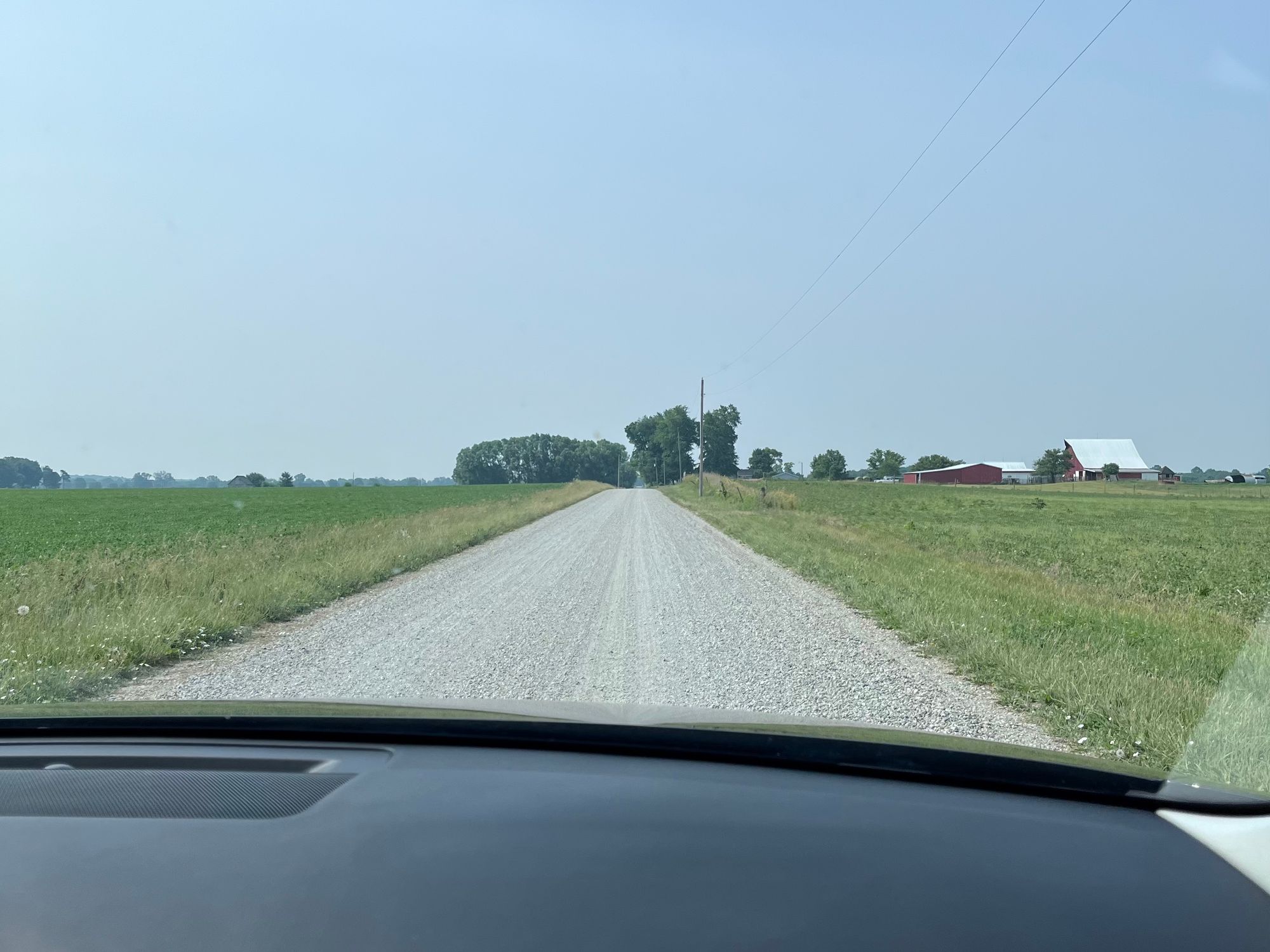Gasping for what air remains
Anticipating their deaths, doomed ocean liners, professionalism, etc.

By the time i was assigned to write about the missing rich men, they had been underwater for nearly two days. The likeliest explanation was that they had already been crushed underneath as much as 2.5 miles of water while visiting the Titanic. At that point we needed to think of a way to differentiate our paraphrased information from everyone else's paraphrased information for our website. We settled on 'why is it so hard to find the missing rich men right now?'
It turns out GPS doesn't work underwater. And despite their wealth, the rich men apparently didn't think it was important to equip their death tourism submersible with any technology approaching the $250,000 they each paid for their ticket.
That was yesterday, and they are still missing today. At this point, the men—if they are still alive—have less than 24 hours of oxygen before they suffocate. The most probably reality here, of course, is that they are already dead and have already been dead since they first went missing. A single compromise to the submersible's hull would almost instantly cause the entire vehicle to implode. It wouldn't make a sound like any we experience on any given day. The sound would be concussive, felt. There wouldn't be any air the rich men could use to scream.
Anyone professionally writing about this story knows they are dead. But unlike this weekend, the ones who managed to secure a standard working hour job (this includes me for at the moment) don't have any excuse to ignore the story until they are back on the clock. So you have to plan ahead for the exact moment when you can publicly say:
the men are dead, and likely have been dead, for days. Their bodies will not be found, and only months and years from now will pieces of their makeshift coffin potentially wash ashore.
And so, you write their deaths ahead of time. That is to say, after you know with an almost certainty they are dead, but not before it is officially agreed upon that they must be dead. You don't know the specifics—whether they ran out of oxygen, whether the heavy ocean crushed them days ago, or whether it was something between those two ends. So you write the 'skeletons' for both options, with plans to confirm and fill in the details as soon as they are agreed upon in the morning.
With any luck, my confirmation of their death will be published faster than a few other publications—literally fractions of a second faster. About as fast as it would take for the ocean to crush five rich men. If that happens, then my story will occupy enough online air to sustain itself for—at best—as long as those men had to breathe. As long as they were not collapsed by the water days ago. As i already mentioned.
anyway.
Each story has a finite life, and its online vehicle can only provide so much air. So you cut corners, jettison what you hope you don't need, make it as lean and flashy as possible. Maybe it will succeed, and maybe it won't. Either way, it won't crush you. Not immediately.
but the men are dead, although i can't get paid money to say that yet. even though every year, i make a third of what they paid to die.
A slow constriction versus an instaneous collapse. Either way, it's always a fight for air.
(((EC)))

